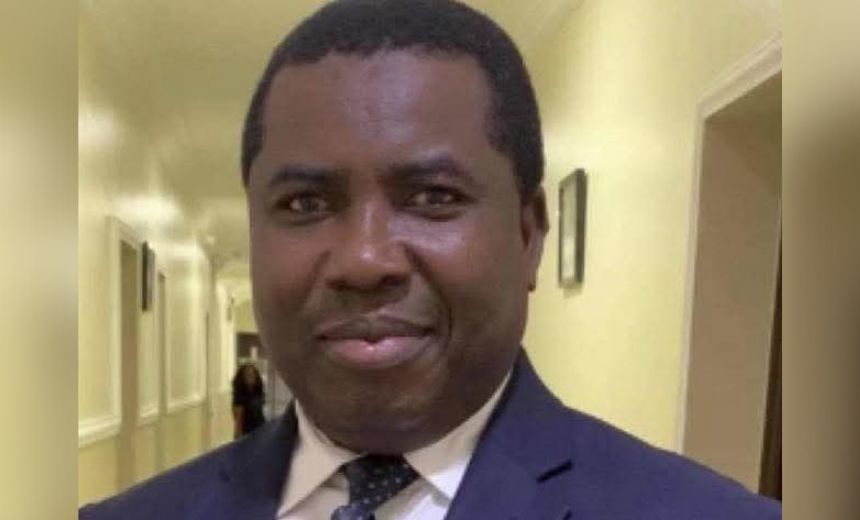The nominee for Chairman of the Independent National Electoral Commission, Professor Joash Amupitan, has pledged to review the use of technology in Nigeria’s electoral process if confirmed as INEC Chairman.
He explained that the introduction of the Bimodal Voter Accreditation System, BVAS, was intended to enhance the integrity and credibility of elections, promoting greater transparency and public confidence in the system.
Reflecting on the 2023 general elections, Professor Amupitan noted that while BVAS was designed to serve as a safeguard for result verification and comparison, the Supreme Court later ruled that the system was not expressly recognized as an electronic transmission mechanism under existing laws a clarification he said came too late in the electoral process.
He acknowledged that BVAS was meant to complement manual collation, but technical and configuration issues, especially during the presidential election, undermined public confidence.
The nominee said he would review the entire technological framework to determine what went wrong and strengthen the system for future elections.
He also stressed the need for effective collaboration among key agencies including the EFCC and telecommunications service providers to ensure the efficiency and credibility of electoral technology.
Professor Amupitan identified logistics as another major challenge, noting that reliance on third-party contractors for the movement of sensitive election materials often leads to delays and compromised results.
He assured that, under his leadership, INEC would prioritize proper planning, coordination, and deployment of logistics, adding that if technology must be used in elections, it should be implemented in a way that guarantees transparency, reliability, and public trust.
Editor : Ena Agbanoma








